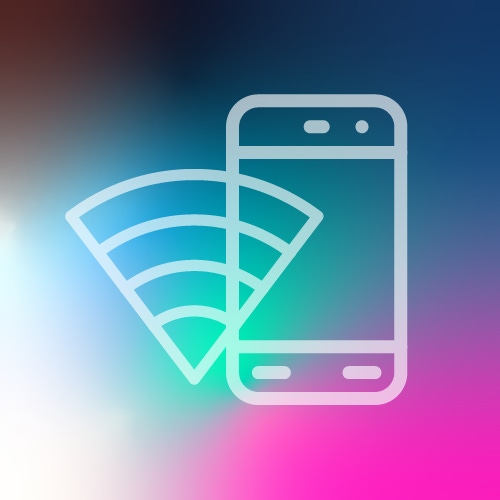The UK operator needs 3G out of the way before it can rely on open RAN.

Vodafone UK has confirmed plans to start shutting down its legacy 3G network from 2023 – a move that aims to improve the performance of its 4G and 5G networks and supports its open radio access network (RAN) ambitions.
The mobile network operator (MNO) said retiring the 3G network forms part of a modernization programme to improve 4G and 5G experience for all customers.
It has now started a year-long campaign to ensure that consumers are fully informed of the shutdown, allowing them to move over to 4G or 5G services in good time.
"Retiring 3G, after 17 years and nearly 500 billion minutes of calls, is a key part of Vodafone’s strategy to give customers the most reliable network experience. Today, less than 4% of the data used on Vodafone’s network travels on 3G, in comparison to more than 30% in 2016," the MNO said.
Vodafone UK CEO Ahmed Essam, said: "3G has connected so many customers over the last 17 years, but the future is 4G and 5G." Vodafone also pointed out that 5G networks are "more than ten times as energy efficient as old 3G equipment."
The operator is far from alone in sunsetting its legacy networks: in the UK, BT’s mobile operator EE has said it will phase out its 3G services by 2023, while CK Hutchison-owned Three UK ended the sale of 3G devices in 2018. In Germany, all three operators (Deutsche Telekom, Telefónica's O2 and Vodafone Germany) have now closed their 3G networks.
In December 2021, the UK government announced that BT/EE, Three UK, Virgin Media O2 and Vodafone UK said they do not intend to offer 2G and 3G networks beyond 2033 "at the latest," as part of wider plans to boost the security and resilience of mobile networks and support 5G and even 6G rollouts.
Vodafone has acknowledged that 3G will be much easier to phase out than 2G, which may be needed for roaming services (and maybe even some machine-to-machine communications) into the 2030s.
Open RAN boost
The December announcement from the UK’s Department for Digital, Culture, Media & Sport (DCMS) was coupled with "a joint ambition" for 35% of the UK’s mobile network traffic to be carried over open RAN by 2030.
Indeed, the closure of its 3G network will not come too soon for Vodafone UK as it deploys open RAN. The operator, which spent about £6 billion (US$8 billion, at today's exchange rate) to acquire its original 3G license in 2000, needs 3G out of the way before it can rely heavily on open RAN.
Want to know more about 3G, 4G and WiFi? Check out our dedicated channel here on
Light Reading.
Vodafone is building an open RAN network to replace about 2,500 sites currently supplied by Huawei, having been ordered by government authorities to evict the controversial Chinese vendor by 2028. It has already named its key partners, handing a prominent role to South Korea’s Samsung, but its new suppliers do not offer support for 3G.
Vodafone UK recently switched on its first open RAN site in a major commercial network, although it comes without any open RAN antennas. Samsung and Japan's NEC are the antenna suppliers. Compliant equipment is expected to materialize by the summer.
Related posts:
— Anne Morris, contributing editor, special to Light Reading
Read more about:
EuropeAbout the Author(s)
You May Also Like











